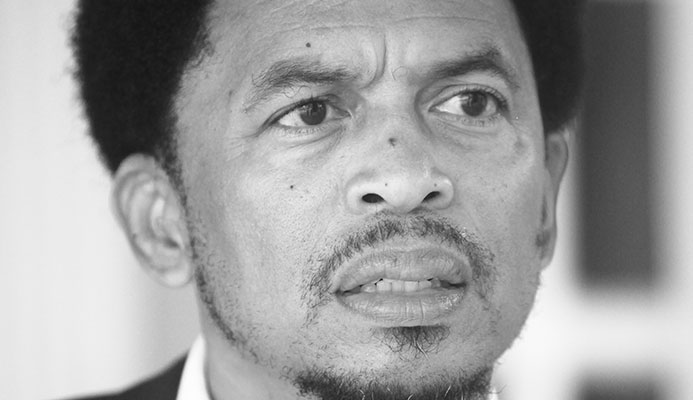"Marijuana/Cannabis has deep historical, cultural and religious significance to Caribbean peoples"- Rose-Marie Belle Antoine.
We don't want to talk about it because of how it will look and what people will say. Call it what you want- ganja, joint, weed, pot, grass, herbs, marijuana or cannabis. Its on the agenda.
Marijuana - for a number of reasons the reality of marijuana for recreational and or social use is not a topic many people want to discuss. For some it is taboo. A topic to be swept under the carpet. Why and how marijuana was prohibited and ended up alongside other illegal and dangerous drugs is a discussion for another time and place. What is undeniable is that in the year 2019, the business, medicinal, environmental and other benefits of marijuana have become mainstream. The project is that marijuana is on course to becoming a significant and booming industry. There is a culture shift in how the world views marijuana. The trend is to decriminalise and legalise marijuana.
Marijuana or cannabis use for various reasons, is now the subject of academic and business research. The question then is, what about marijuana/cannabis and sport?
The World Anti-Doping Agency's (WADA) Prohibited List sets out the Prohibited Substances which are prohibited at all times and those that are only prohibited ‘in-competition’ (i.e. 12 hours before competition through to the end of the competition and sample collection).
Both natural and synthetic cannabinoids, including THC, are prohibited in-competition only. The only exception is Cannabidiol (CBD), which is a non-psychoactive derivative of cannabis. As of 2018, WADA no longer lists CBD as a prohibited substance. Athletes are reminded that CBD oil often still contains some concentration of the banned substance tetrahydrocannabinol (THC). Therefore, the use of CBD oil is at an athlete’s own risk.
It is important to note that unlike with all other banned cannabinoids, the level of THC must reach a certain threshold in order to return a positive test (a positive test is referred to formally as an Adverse Analytical Finding or ‘AAF’).
Athletes must remember that the principle of strict liability that operates in anti-doping means they are responsible for everything they ingest, including food, supplements and medicines. Therefore, as with any supplement or medicine, ingesting products containing CBD is at their own risk.
Cannabis is defined as a specified substance which allows for a greater reduction in sanction than non-specified substances, so the starting point for the length of the Period of Ineligibility (i.e. ban) is two years. However, if a Panel determines that an Athlete knew that a CBD product contained another banned cannabinoid, or knew that there was a significant risk this would be the case, the ban could be extended by up to four years.
How do we protect our athletes from finding themselves afoul of the World Anti doping code and in the process, find themselves ineligible on the basis of an anti doping violation?
Frank talk, not just anti doping education and awareness. The Trinidad and Tobago Olympic Committee (TTOC) and the Trinidad and Tobago Commonwealth Games Association (TTCGA) in its capacity as the defacto National Antidoping Organisation (NADO), must take the" pull" by the horns and facilitate frank and candid dialogue about marijuana in sport.
Given the advent of a cannabis industry, taking a pull and the use of CBD oil and other variants will require informed conversations, not small talk and gossip.
Its a dereliction of duty and responsibility to simply say marijuana is illegal as an excuse for avoiding the needed conversation.
The views expressed are not necessarily those of the TTOC and TTCGA.
Written by Brian Lewis.

